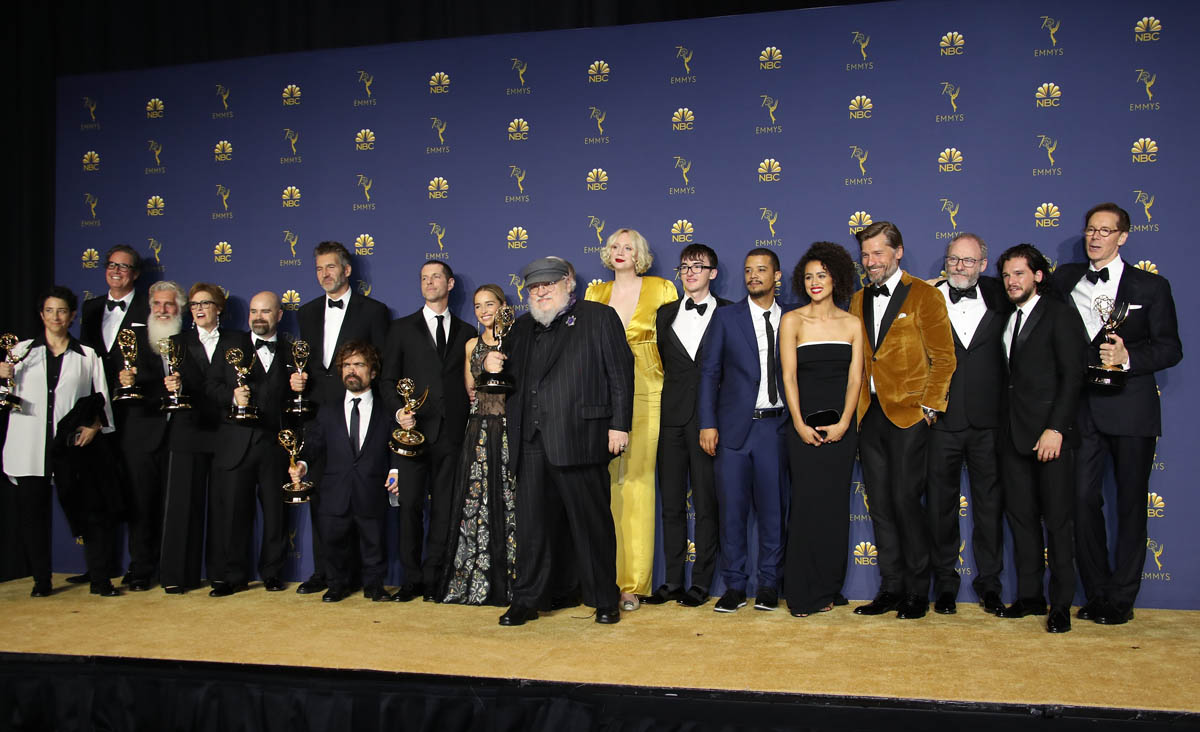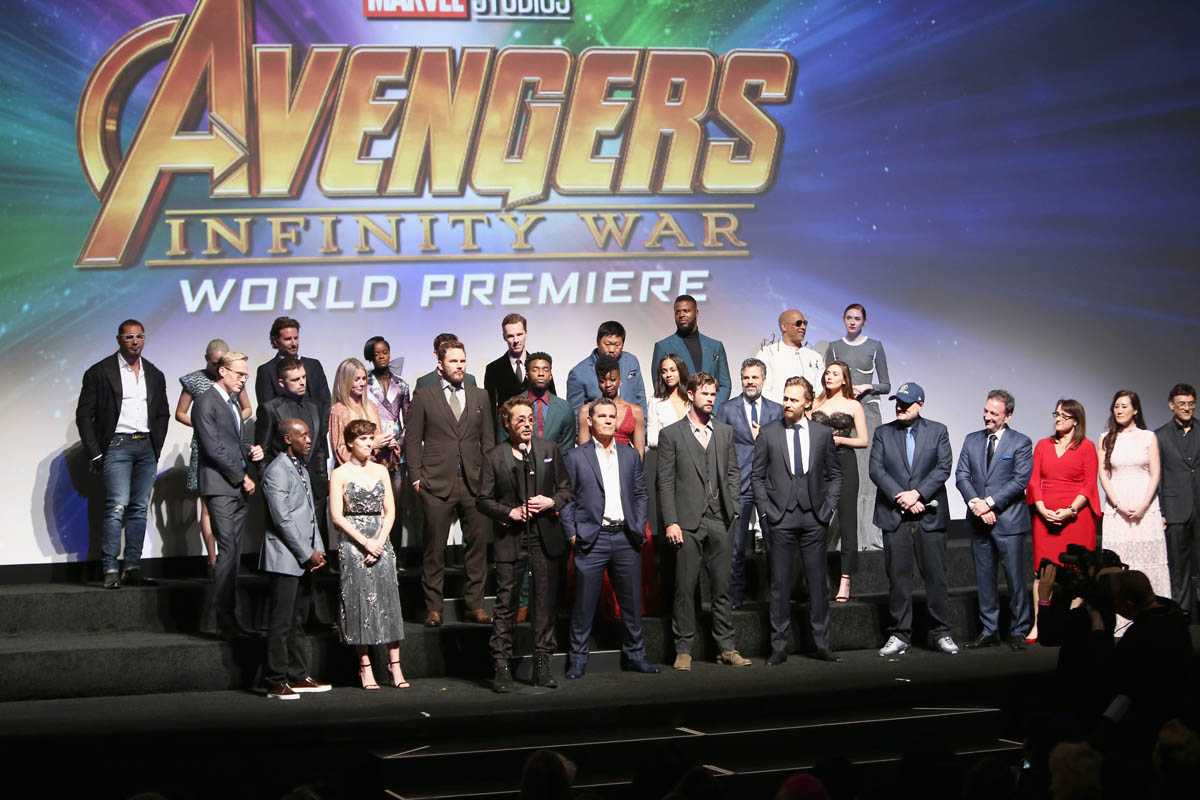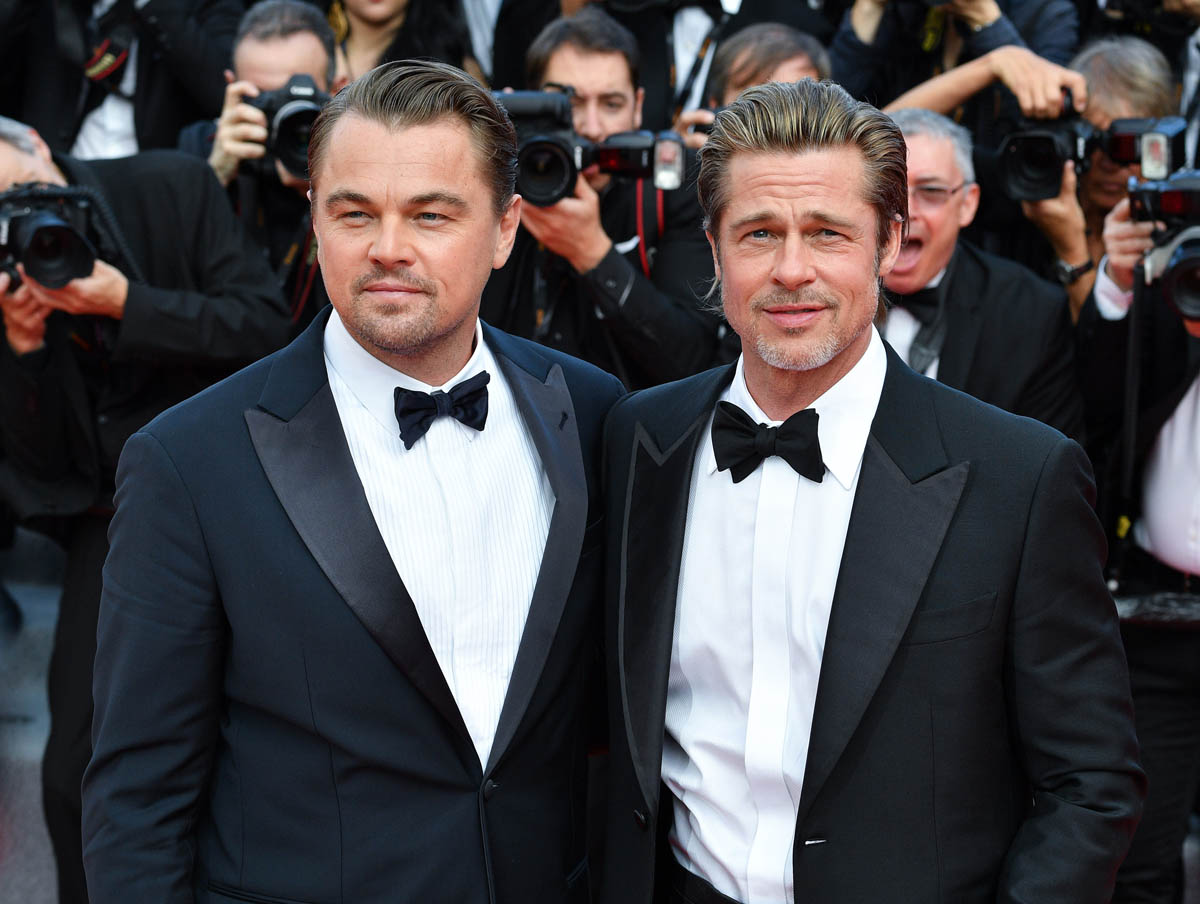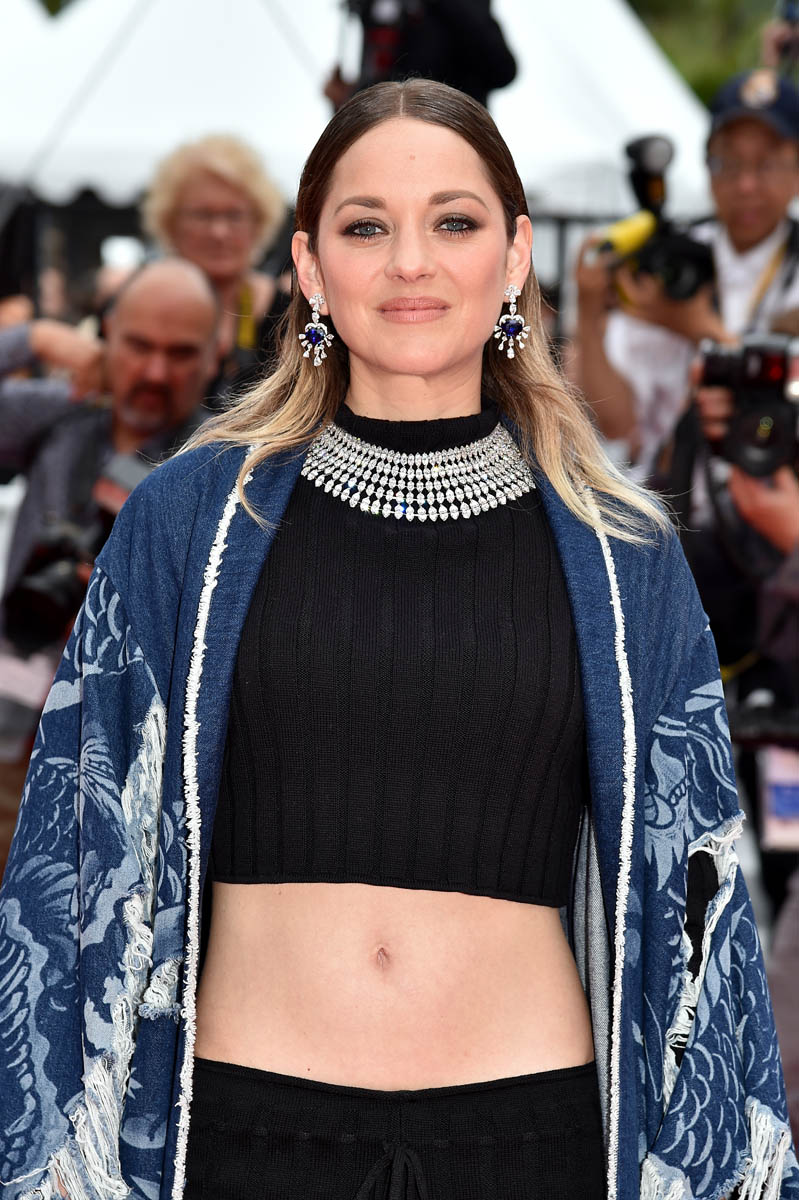Why do we love Westeros and Avengers?



Over the last decade, twin forces emerged to fuel the pop culture realm of film and television: the Avengers and Game of Thrones. This is the decade that saw the rise of binge watching, a new Batman AND a new Superman, and the return of motherf-cking Star Wars, and yet the biggest things to happen in film and TV was that the C-list superhero team and a densely plotted fantasy show rich in lore and backstory took over our cinematic culture. Why these two? Why, of all the options before us, did we decide that the Avengers and Westeros were going to become extremely our sh-t? It’s a coincidence that they grew up together—Iron Man premiered in 2008, the same year HBO greenlit a pilot based on George R.R. Martin’s “A Song of Ice and Fire” novels, and both really took hold of the culture in 2012 with The Avengers and the second season of Thrones—but there is a reason that these are the stories we made the most popular and beloved of the 2010s. Why?
One big reason: The Avengers and the people of Westeros are, for the most part, a bunch of assholes who don’t get along, yet who can put aside their differences when it matters most and save the world. We eat that sh-t up. Humans LOVE stories about assholes who come together to get sh-t done. Classical mythology is full of assholes getting sh-t done (Jason and the Argonauts, The Iliad, The Odyssey, and The Aeneid, Njal’s Saga), and throughout history, many of our favorite stories are rooted in that tradition. Star Wars is built on it—Luke, Leia, and Han are just a bunch of assholes who don’t really get along yet still manage to save their galaxy. As a species, we absolutely love it when assholes manage to save the world.
The Avengers was not the first popular superhero movie. X-Men was the first widely successful superhero movie of the VFX age, the one that proved that not only had technology developed enough to make superheroes look realistic, but that the masses would buy into superheroes in a big way. That movie came out in 2000, and the franchise has been active ever since. So how did the Avengers, the X-Men’s obnoxious kid brother, manage to overtake the OG and become the biggest superhero franchise in the world? Because the Avengers fight villains, not each other. The X-Men spend most of their time fighting fellow mutants, and the narrative, especially in the streamlined movies, revolves around frenemies Magneto and Professor X. They are each other’s greatest villain. There will always be room for the X-Men’s brand of soap, but at the end of the day, those are stories about internal politics.
But the Avengers deal with external threats. Sure, they can get in their own way and make a bad situation worse (Captain America: Civil War), but while the Avengers can pick and bitch at each other, they are not usually fighting each other in the streets. The Avengers are the ones who get off their bullsh-t long enough to save the world. Structuring the franchise so that we get to spend time with many of the individual heroes’ particular brand of bullsh-t allows us to better appreciate it when the heroes put it aside to work together.
The people of Westeros are the same. The plot and scheme against one another, but with the exception of irredeemable villain Cersei, when faced with a great threat, the various factions of Westeros came together to defeat a literal army of the dead. Even before then, the show is full of alliances between assholes who get sh-t done. Jon Snow puts his bullsh-t down long enough to make friends with the Wildlings. Tyrion is constantly working toward various alliances to try and protect as many people as he can. Sansa starts succeeding at the game of thrones when she starts building alliances to protect the North. People who go back on alliances, like Robb Stark and Walder Frey, suffer horrible fates. Cooperation is critical in Westeros—the survivors are all people who knew when to stop arguing and get to work.
This story is comforting even in good times, but as the world has grown darker around us over the last several years, the story has become a source of singular optimism. We’ve had a steady diet of stories telling us that it is possible for a bunch of assholes to come together and save the world, something we need to hear because it is abundantly clear no one is coming to save us. It feels like the world is falling apart, and if anyone is going to stop the downward spiral, it’s going to be us. And hey, if the Avengers can do it, if the Starks and Lannisters can do it, then surely we can do it, too.
Tyrion is right about one thing—stories have power. There is no way to defeat a story. That’s a huge reason why Trump has gotten as far as he has. If the story is good enough, then facts don’t matter, the truth doesn’t matter, because the story FEELS true, and so it must be true, and soon enough, it IS true. So it is important to recognize that during a decade of rapid social change and global upheaval, the story we tell ourselves over and over, the story we cling to, is the story about the assholes who put aside their differences and petty disagreements to save the world. That, when faced with certain destruction, those assholes still do what is necessary and good. It reassures us, in our primordial brain, that we can do it, too. Pop culture is a mirror, and for the last decade, the reflection we’ve been staring at the most is that of a bunch of assholes who save the world. We want that to be us. We want to be the assholes who get it together just long enough to get the job done. Maybe if we tell ourselves that story enough times, it will be.



